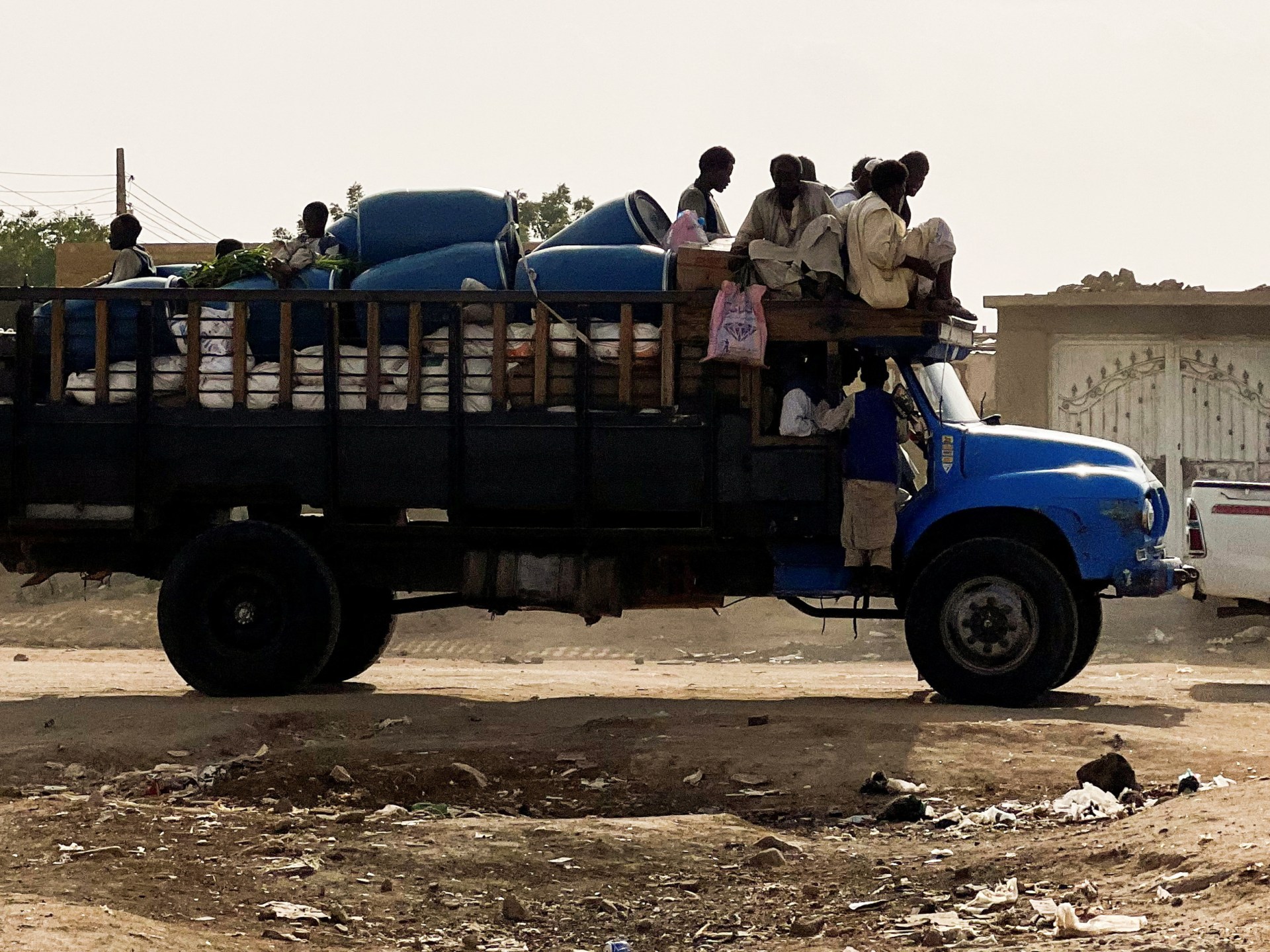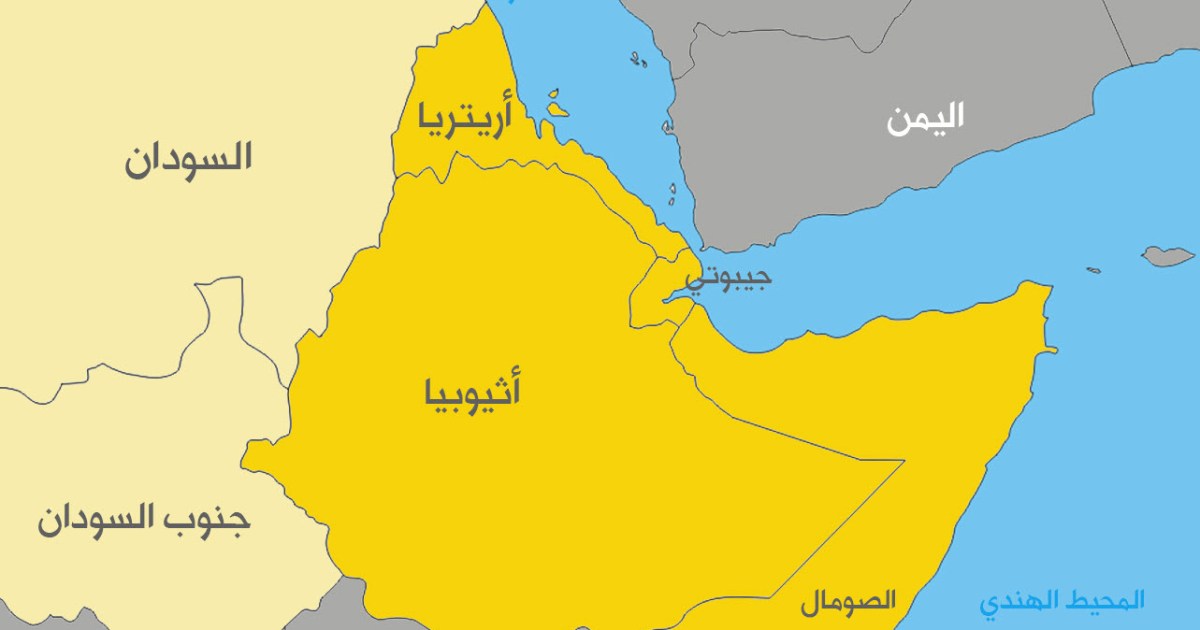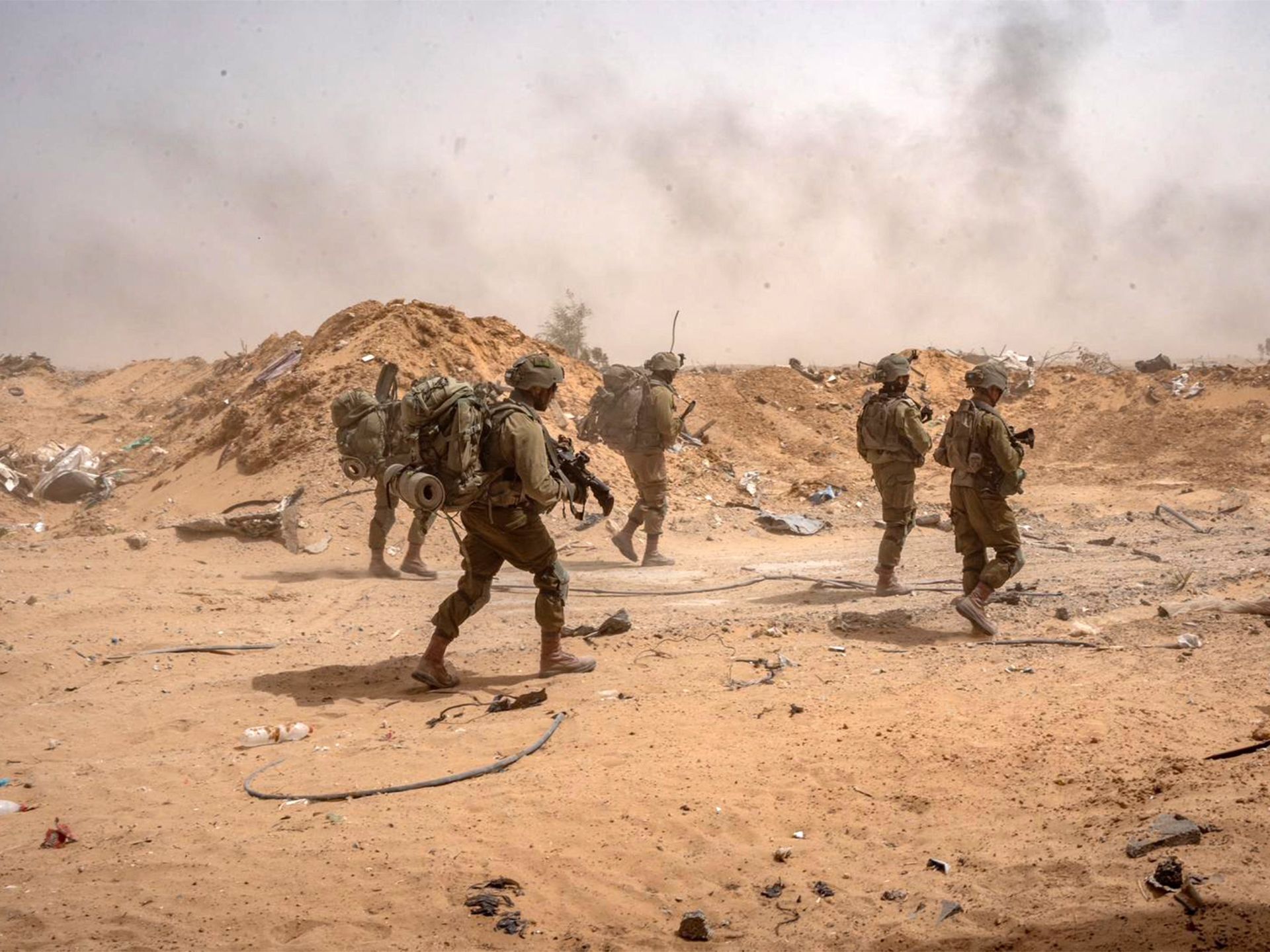The Sudan Tragedy: A Call for International Action
The world watches with concern the tragic events unfolding in Sudan, where a brutal war waged by the Rapid Support Forces militia against the Sudanese people and state has been raging since April 2023. This war aims to reshape Sudan’s landscape, including its statehood, demographics, and potentially its borders, to serve the ambitions of a regional power, with the tacit approval or indifference of certain global actors.
The Devastating Consequences
The international community is well aware of the atrocities and grave violations of international humanitarian law committed by the militia against the Sudanese people. We affirm that our armed forces are fully capable of defeating the militia. The Sudanese Armed Forces fight this war with unwavering determination to restore peace and stability, empowering our people to rebuild their lives, mending the national unity and social fabric that the war has gravely threatened.
The Perpetuation of Conflict
This war would not have persisted for so long without the logistical, political, and media support the militia receives from certain regional actors. Therefore, Sudan calls upon all peace-loving nations, as well as international and regional organizations, to unequivocally condemn the external interference in Sudan’s internal affairs, and to demand that these states cease their support for the rebel militia with funds, weapons, and mercenaries. We believe this is the most direct path to ending the war.
We also urge all nations, particularly our neighboring and friendly countries, to condemn the crimes and atrocities committed by the militia, including their gross violations of international humanitarian law. The militia’s breach of the Jeddah Declaration on the Protection of Civilians and Access to Humanitarian Aid calls for a decisive and deterrent international response.
The Pursuit of Peace
Sudan welcomes all genuine initiatives aimed at restoring peace and stability. However, Sudan remains firm in its commitment to the Jeddah process as the forum for negotiating a ceasefire. We insist on the implementation of the Jeddah Platform’s resolutions, which include the protection of civilians and their safe return to their homes as a fundamental precondition for reaching a final agreement on the cessation of hostilities.
The Jeddah Declaration remains the only binding and viable framework to address humanitarian concerns and protect civilians, providing the most feasible basis for a ceasefire and lasting peace. Had it been implemented in good faith upon its signing just four weeks after the war began, it could have led to an early peaceful settlement. Hence, any attempt to undermine or disregard the Jeddah Declaration will only hinder a peaceful resolution to the crisis.
Unfortunately, the complacent or sympathetic stance of many influential members of the international community towards the militia’s disregard for the declaration and the relevant UN Security Council resolutions, particularly Resolution 2736 (2024), only emboldens the militia’s strategy of buying time and evading any serious peace commitments.
Dispelling Misinformation on Famine
Regarding the humanitarian situation, Sudan is committed to protecting and delivering aid to those in need. However, I must clarify that Sudan is not facing an impending famine, despite the militia’s concerted and deliberate campaign to starve the population in certain areas of the country.
The militia’s strategy includes denying cultivation in major food-producing regions by stealing agricultural machinery, inputs, and harvests, blocking irrigation canals, terrorizing farmers, obstructing the delivery of humanitarian assistance, and looting essential food storage facilities.
Nonetheless, according to the latest joint survey by the Ministry of Agriculture and specialized UN agencies, there is only a modest deficit of staple grains in the country, which occasionally happens due to various factors, such as shortfalls in rainfall.
As a contingency plan, we will cultivate self-sufficient quantities of sorghum, the main staple grain, in secured areas, even those where it is not traditionally grown. For wheat, primarily consumed in urban centers, the country will continue to rely on imports.
Portraying the humanitarian challenge as hinging on a specific border crossing is misleading. Currently, five border crossings are open for the flow of aid, in addition to seven international airports ready to receive aid flights.
The recent statement by Médecins Sans Frontières regarding the confiscation of their trucks carrying medical and therapeutic food supplies by the militia near El Fasher, after crossing from Chad, highlights that the real problem lies in the militia’s deliberate policy of obstructing aid delivery, not the use of a particular entry point.
Additionally, Sudan calls upon the international community and aid organizations to fulfill their humanitarian funding pledges. To date, only around 17% of these pledges have been honored.
Looking Ahead
In closing, I reaffirm our unwavering commitment to achieving the objectives of the glorious December Revolution of 2019, transitioning to democracy, and forming a post-war transitional government. This government’s primary tasks will be to disband the militias in favor of a unified national army and to hold free and fair elections, allowing the Sudanese people to choose their leaders and express their hopes and aspirations for a better future.



